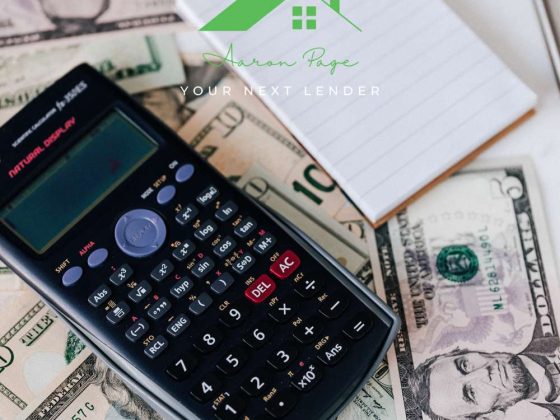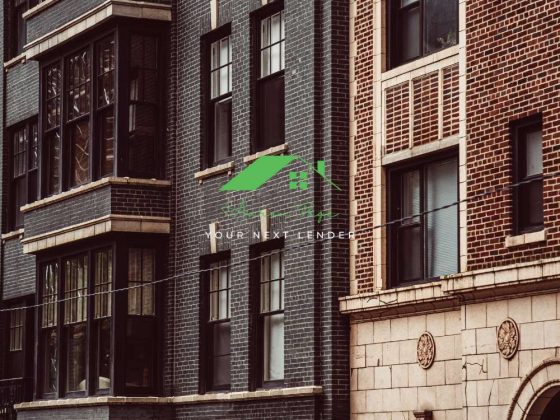Deciding on a home is a massive endeavor, but immediately following that decision is another equally monumental one – choosing your mortgage term. The two most popular choices? The 15-year and the 30-year mortgage. Both come with their merits and drawbacks, and choosing between them can feel like picking your favorite ice cream flavor – tough and entirely personal!
So, let’s dive deep into the world of mortgages and evaluate the pros and cons of the 15-year vs. 30-year dichotomy.
15-Year Mortgage: The Speedy Path to Ownership
First off, the 15-year mortgage is like the hare in the race to owning your home outright. But as with any speedy option, it demands more from you.
Pros:
- Pay Less in Interest: Over the lifespan of the loan, you’ll pay significantly less in interest compared to a 30-year mortgage.
- Build Equity Faster: Since you’re paying down the principal more quickly, you’ll own more of your home sooner.
- Free and Clear, Sooner: In just 15 years, you can be living in a home without the monthly mortgage payment hanging over your head.
Cons:
- Higher Monthly Payments: The most glaring downside is the steeper monthly payments. This can make budgeting for other life events or investments a tad trickier.
- Less Affordability: The heftier monthly payments might limit the price of the home you can afford.
- Potential Opportunity Cost: The extra money you’re putting towards your mortgage might yield a higher return if invested elsewhere, given the historically low mortgage rates.
30-Year Mortgage: The Tortoise’s Steady Journey
On the other side, we have the 30-year mortgage – the slow and steady route to home ownership.
Pros:
- Lower Monthly Payments: Spread over a longer period, monthly dues are naturally reduced, easing the strain on your wallet.
- Greater Home Affordability: The manageable monthly payments might allow you to buy a more expensive home.
- Investment Opportunities: With the extra cash not locked into your home, you can invest in other avenues, potentially garnering better returns.
- Tax Benefits: The mortgage interest deduction on your tax return remains a perk for a longer period.
Cons:
- Pay More Interest Over Time: While the rate might be similar to or even lower than a 15-year loan, over the long haul, you’ll shell out more in interest.
- Slower Equity Build-Up: It will take longer to own your home outright or tap into home equity.
- Prolonged Debt: Having a debt obligation for 30 years can be daunting for some, especially if you’re approaching retirement.
So, Which Is the Right Choice?
There isn’t a one-size-fits-all answer to this mortgage dilemma. It’s a blend of your financial standing, future plans, risk tolerance, and peace of mind.
- Consider Your Cash Flow: If you have a consistent, high income and feel comfortable with the larger payments, a 15-year term might be up your alley. But if you’re looking for more financial flexibility month-to-month, the 30-year mortgage could be your pal.
- Future Financial Goals: Are you planning to invest in other ventures? Or maybe there’s a college tuition on the horizon? These considerations can steer your decision.
- Interest Rates: In a low-interest-rate environment, the cost-saving difference between a 15-year and 30-year might be narrower, making the latter more appealing.
- Peace of Mind: For some, the thought of being debt-free sooner is priceless, leaning them towards a 15-year plan.
Mortgages, whether 15 or 30 years, are not just financial decisions; they’re emotional ones too. What provides one person peace of mind might keep another up at night. It’s essential to evaluate both your present circumstances and future aspirations. A trusted financial advisor can be invaluable in navigating this terrain. Whichever path you choose, ensure it aligns with your holistic life picture. Happy house hunting and mortgage matching!




